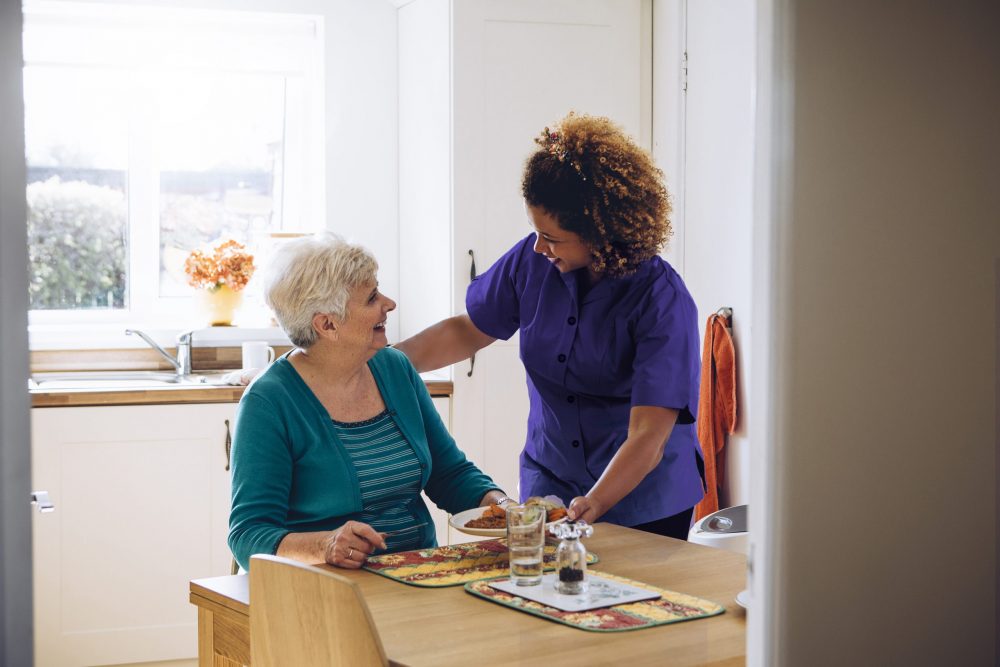Detecting the Warning Signs

At the age of 50, the risk for age-related conditions and illnesses begins to double every 5 – 7 years. Do you have a parent who is dealing with an age-related condition or illness now?
The aging process brings with it changes in behaviors and capabilities…both mentally and physically. These changes can threaten the health, safety and independence of your parent. The key to helping your parent maintain independence is your ability to play detective. You need to observe to detect “warning signs” that indicate there may be a health or safety risk on the horizon. Warning signs show up in many different forms but generally fit into one of these 9 categories:
- FALLS– Is there evidence in your parent’s home that s/he is falling or trying to prevent a fall? Are counters, tables and other furnishings being used to support your parent as s/he walks around the house?
- MEDICATIONS– Is your parent forgetting when to take his/her medications and how much to take?
- DRIVING ACCIDENTS– Do you see dents, bumps or missing mirrors from your parent’s car, or damage to the garage, mail box, sidewalk or shrubs outside of their home?
- NEGLECTING PERSONAL HYGIENE – Is your parent neglecting his/her personal hygiene? This could be evident by body odor, neglected nails and teeth or wearing dirty clothing.
- DISORDERLY CONDITION OF HOME – Are there piles of outdated newspapers, unopened mail, dishes piled in the sink, dirty sinks, toilets and uncut lawn?
- CONFUSION & FORGETFULNESS – Is your parent mishandling the finances, not paying bills or paying them twice, missing appointments or forgetting to get their prescriptions filled?
- ISOLATION AT HOME – Has your parent given up going to events and doing activities that at one time, were important in his/her life?
- EATING HABITS – Has your parent had a significant weight loss or missing meals? Are the foods and beverages in the refrigerator spoiled?
- LIVING ALONE – Is your parent living alone, without nearby support from family or friends?
If you can answer Yes to any of these questions, it may be time to introduce your parent to the type of retirement community that provides everything for your parent to live healthier, safer and socially engaged with others. But even more than that, the right type of retirement community will also provide a lifelong solution for your parent’s care, whatever the future holds.

Keep in touch.
Get updates and information directly in your inbox.
"*" indicates required fields

